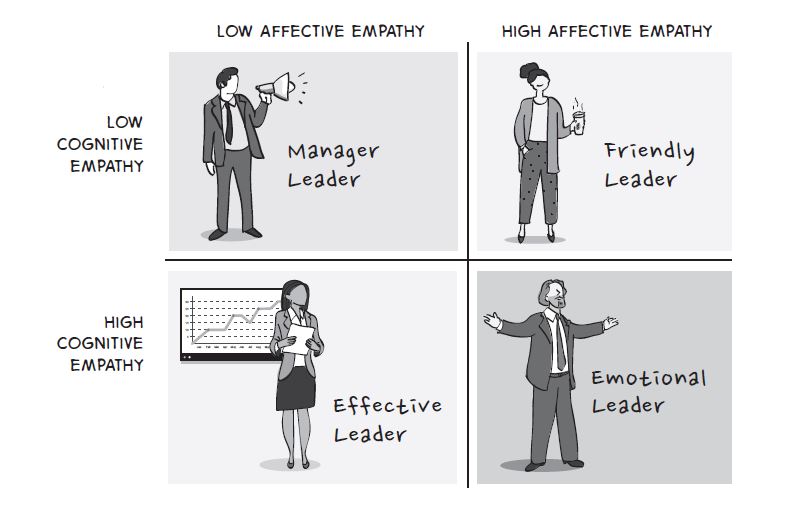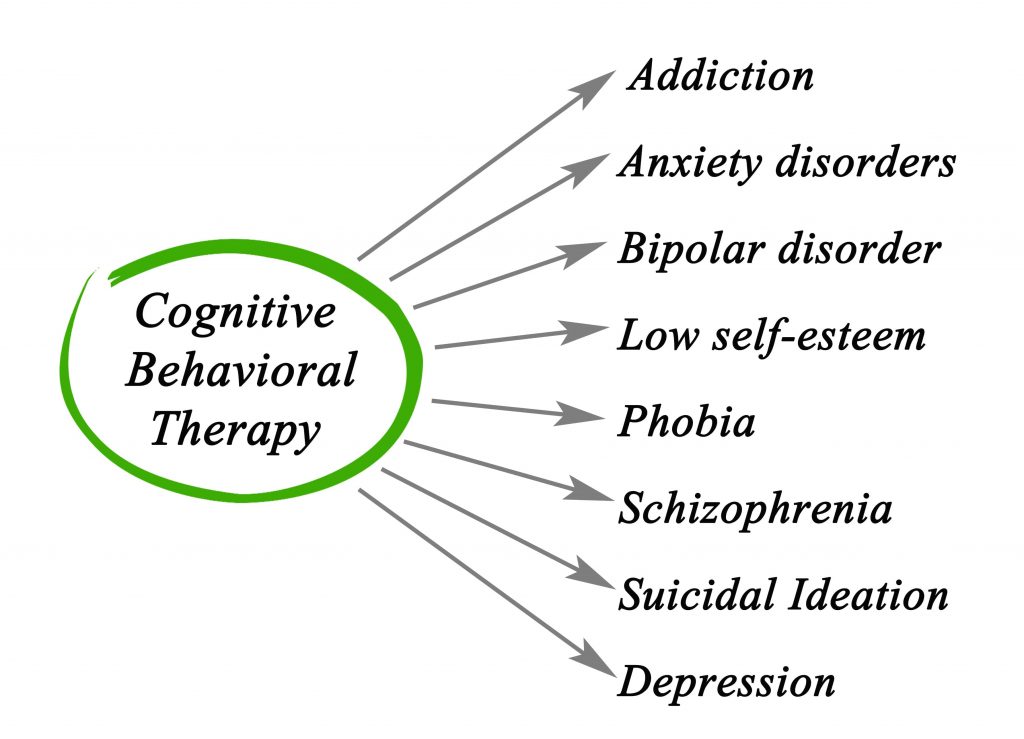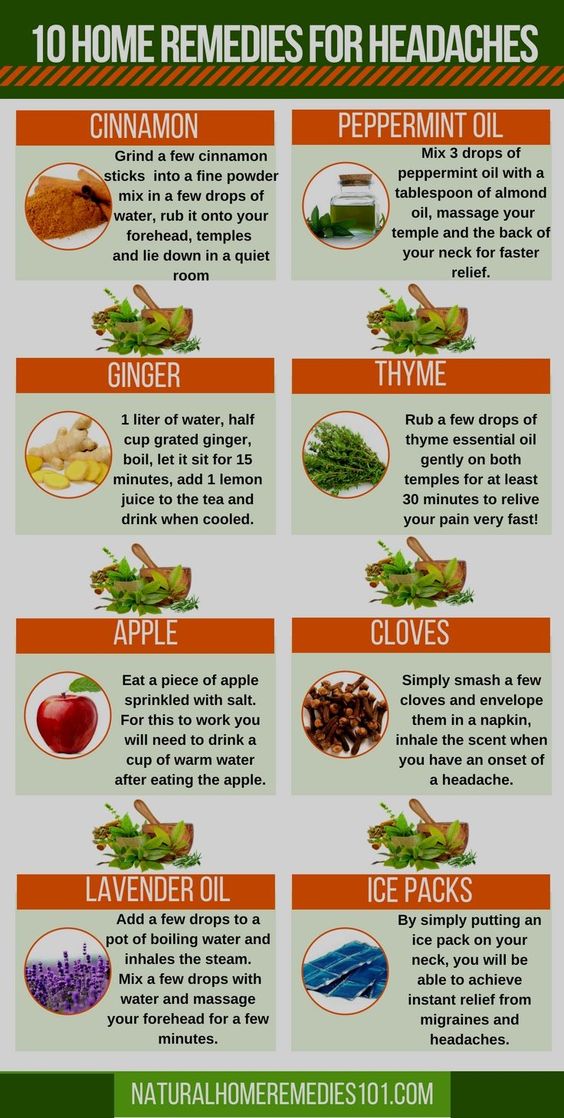Decision vs choice
Difference Between Choice and Decision
If you were the person sitting at that fork in the road, would you choose or decide which path to take?
Would you have reasons or none? Or will you be like Alice in Lewis Carol’s conversation between her and the Cheshire Cat? If you recall, when she came to the fork in the road and saw the cat, she asked, “Which road do I take?” The cat’s response was, “Where do you want to go?” “I don’t know,” she said. Then said the cat, “It doesn’t matter.” But does it? Is there a difference between choice and decision?
Choice and decision are two words that are frequently used synonymously, or in place of the other when according to Wikipedia they mean different things. A decision is defined as a conclusion or resolution reached after consideration and choice is an act of selecting or making a decision when faced with two or more possibilities.
But, interestingly, if you “Googled” what are the steps for making a choice, it will lead to 1,380,000,000 results outlining the steps for making a decision. Ask a colleague the question. They would pause for a moment, give you a quizzical look, and maybe give you the steps for making a decision. Choosing or deciding are approached as one and the same and the steps sound very familiar to a problem-solving process.
Choice and decision are actually quite distinct in their meanings and during this time of COVID-19, with so much conflicting information, we are faced with choices and decisions constantly. The purpose of this article is to provide a different perspective of choice and ten characteristics that distinguish it from decisions.
CHOICE AND DECISION:Choice is a silent agreement between you and God (however you view your creation). It is the exercising of agency, meaning the use of free will to make choices, in counsel with your creator, to shape one’s life.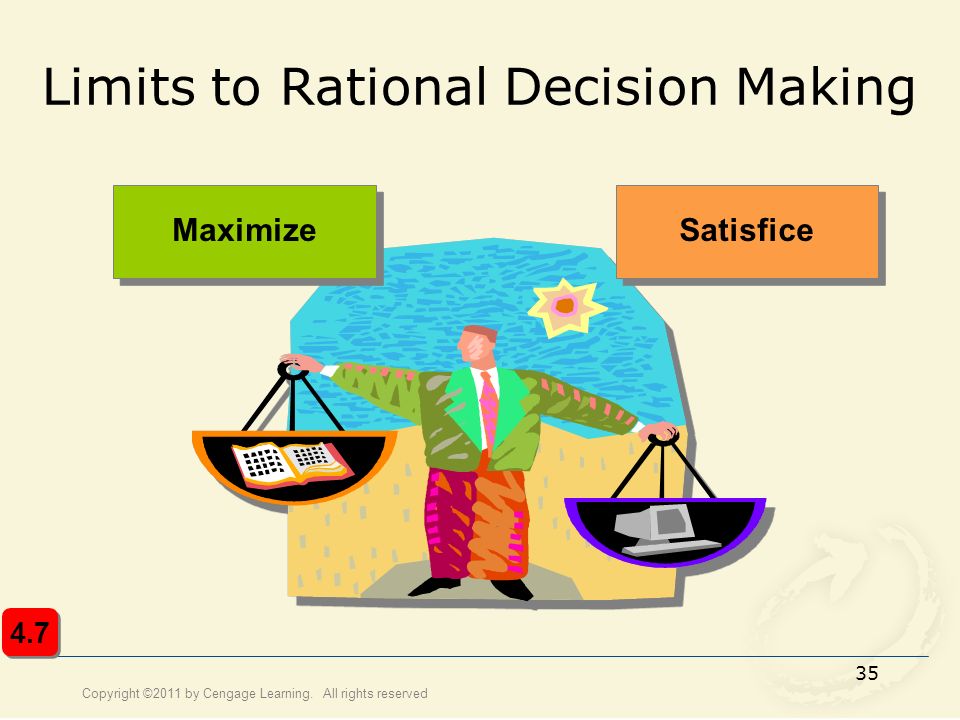 After a choice is made we proceed to make decisions, i.e act based on that choice.
After a choice is made we proceed to make decisions, i.e act based on that choice.
To illustrate this idea, I will draw on a scene from the movie, The Shawshank Redemption, based on a Stephen King novel. It is the story of a man named Andy Dufresne, wrongly accused of killing his wife, who is serving a life sentence. While in prison, he is sexually assaulted and befriended by a fellow inmate named Red, who has already served twenty years for crimes he did commit. Andy distinguishes himself from the other inmates with his financial acumen; supports the prison guards by helping with their taxes, and is given a privileged job working in the warden’s office.
In one scene, Andy (played by Tim Robbins) and Red (acted by Morgan Freeman) are in the prison courtyard discussing their prison terms and freedom, when suddenly, Tim says to Morgan, “The way I see it, there is one simple choice: I can get busy living, or get busy dying.” While Red was perplexed by this, it eventually becomes clear that Andy had received a revelation, that inspired, motivated, and sustained him for twenty years, chipping away at a wall until he realized his choice for freedom.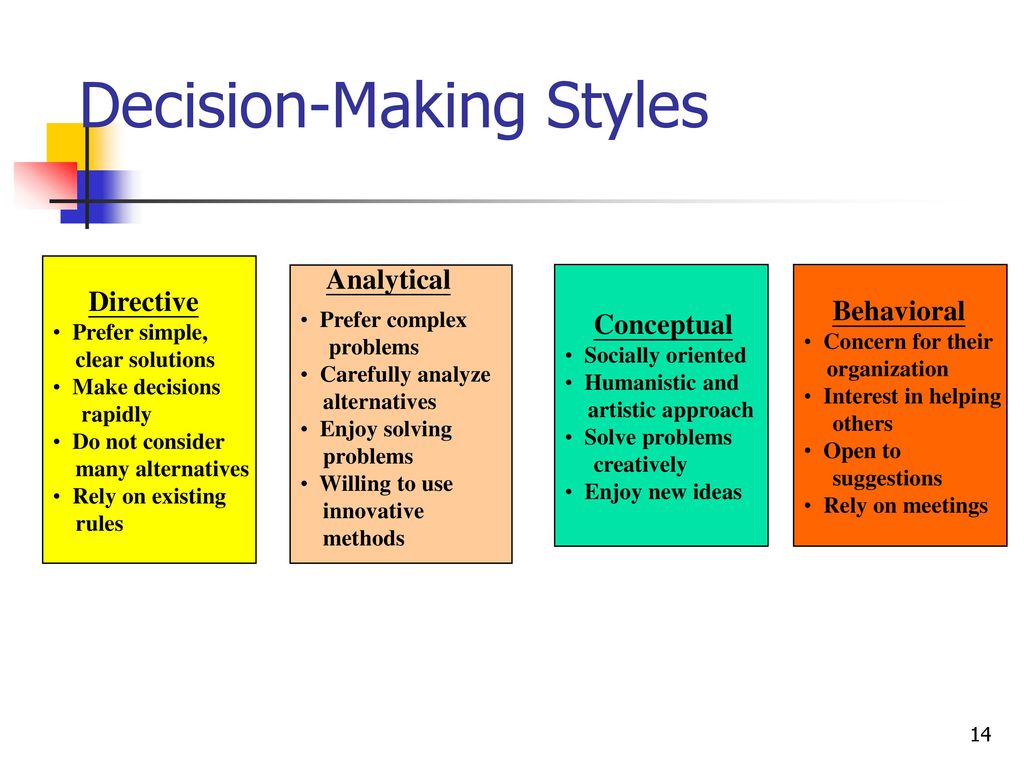
Decisions are the actions and/or the effects of choices that are made, whether we are consciously or unconsciously aware of them. Have you ever noticed how based on the outcome of a decision, we search frantically for a cause, asking why, and eventually give up because we could not find it? The act of deciding - our queries, evaluations, and assessments - help us understand and confirm our choice. For example, Andy’s decision to take the job represented his choice for freedom.
Exercise: Take a moment and look at the decisions you have made. Then ask yourself what choice the decisions represent. There you will find the cause. Did you accept a job (decision) for security (cause)?
Choice is a precursor to a decision, not the result of a decision. It is based on a “knowing” emanating from deep within. Some refer to it as a gut feeling, intuition, or a calling. It requires no thought or reasons, only trust, and awareness that you are moving in the right direction.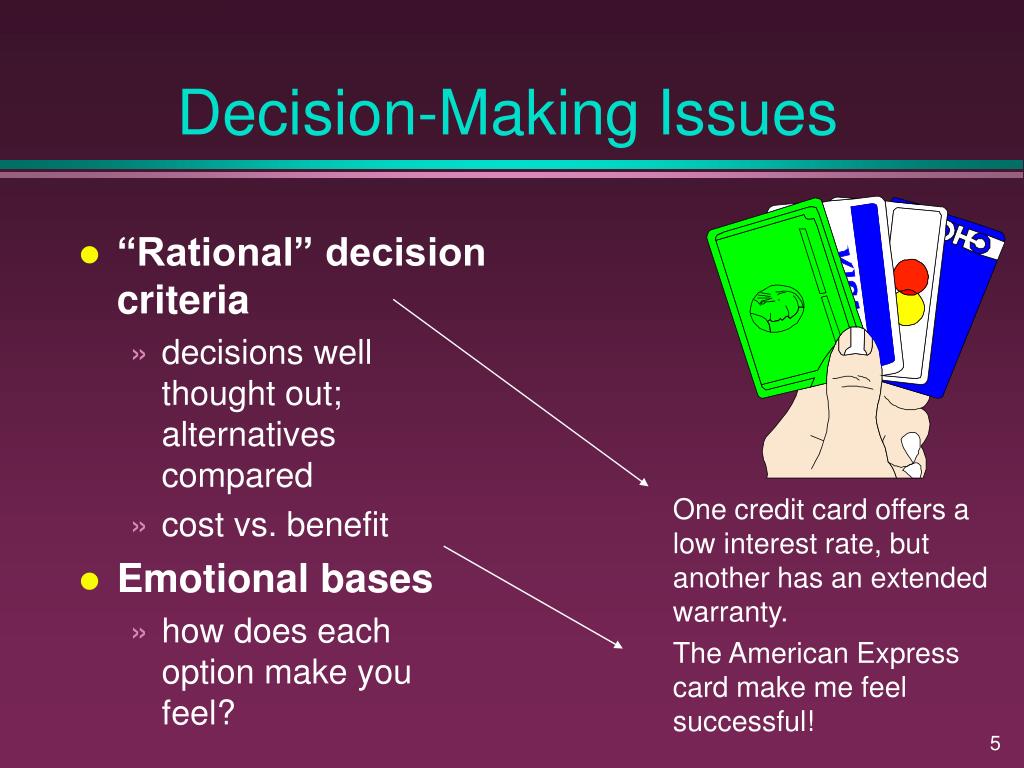 In the realm of choice, work is effortless and when doubt and uncertainty appear, it grounds you. It is your “safety” net.
In the realm of choice, work is effortless and when doubt and uncertainty appear, it grounds you. It is your “safety” net.
THESE REMAINING EIGHT PRINCIPLES OF CHOICE FURTHER CLARIFY ITS DISTINCTION FROM DECISION:
- Choice is of Spirit; decisions are of the ego. Each of us will come to a point in life where we experience a tug in our hearts to go in a direction that is contrary and sometimes scary, to what the world may be inviting. We all know that that tug is our soul calling us...a divine intervention to “come clean,” i.e. to get busy living. It is a watershed moment of choice. Will the choice have ramifications on you and in the world? Most definitely because the world is of ego (a part of you) and based entirely on decisions to validate its existence. But, when the call is strong and you choose, your life will be transformed.
- Choice is personal. Decisions are public. Choice is unseen and experienced in private, while decisions are public, i.
 e. the worldly evidence of choice. Decisions are always made from having chosen, and, the results of a decision will be short-lived if not rooted in choice. When you choose, it is for you and only you. You can share the experience of the choice; however, you cannot describe it or explain how it happened. Decisions, on the other hand, can be public. You may involve others in the process to confirm that whatever you decide is right for you, without fully realizing that you have already chosen. Doubt would suggest it is not a choice, but rather a decision based on preferences or thought-based reasons.
e. the worldly evidence of choice. Decisions are always made from having chosen, and, the results of a decision will be short-lived if not rooted in choice. When you choose, it is for you and only you. You can share the experience of the choice; however, you cannot describe it or explain how it happened. Decisions, on the other hand, can be public. You may involve others in the process to confirm that whatever you decide is right for you, without fully realizing that you have already chosen. Doubt would suggest it is not a choice, but rather a decision based on preferences or thought-based reasons. - Choice is the absence of judgment, reason, or belief. Decisions are reason-based and require explanations. Choice becomes available by emptying the physical mind of reasons, to make space for something more powerful, something spiritual. This principle reminds me of my divorce experience. I was bombarded with questions about why I was getting divorced and gave many reasons that did not leave me comforted.
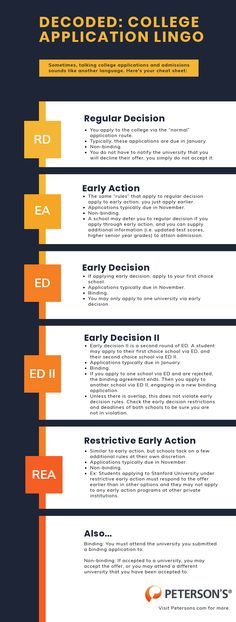 While in prayer, I asked for a response to the many questions and was told, “reasons are no explanations for what the heart already knows.” I had already chosen to let go with love but because of what I thought would sound good as a reason for the world (my ego), I kept giving reasons. I realized that when a choice is untainted by conversation, conscious, or unconscious, it brings clarity and precision to “get busy living” whereas decisions, based on concerns or reasons can leave you disempowered and lethargic.
While in prayer, I asked for a response to the many questions and was told, “reasons are no explanations for what the heart already knows.” I had already chosen to let go with love but because of what I thought would sound good as a reason for the world (my ego), I kept giving reasons. I realized that when a choice is untainted by conversation, conscious, or unconscious, it brings clarity and precision to “get busy living” whereas decisions, based on concerns or reasons can leave you disempowered and lethargic. - Choosing is simple; deciding is complex. You may be wondering what I was smoking when I wrote this sentence and it was nothing. I was just as perplexed as you when I saw it on paper. Remember in the introduction when I invited you to ask your colleagues or friends to tell you their steps for making a choice and they seemed stumped? Well, it is because there are no steps for choosing. A choice isn’t something you have to “work your way up” to.
 It occurs that way because of the evaluative process and nature we have been trained to apply to make decisions.
It occurs that way because of the evaluative process and nature we have been trained to apply to make decisions. - Choice is a revelation; decisions are made. It occurs in an instant, arises seemingly from nothing, and compels focused action. (Recall Andy from Shawshank Redemption). Revelation involves not only a change in mind but also a change in heart. Such change engenders joy, love, and a connection to everything around you. When you are deciding, you engage the ego and are trying to figure out what is best for it (the ego). When you choose, you surrender your will to something beyond yourself, trusting that it already knows what is best for you.
- Choice is instantaneous; decisions are time-based. Choice happens in the present moment. It is not in the past or in the future. In fact, at that moment of choosing, the past is forgiven and released, and the future becomes a bundle of possibilities.
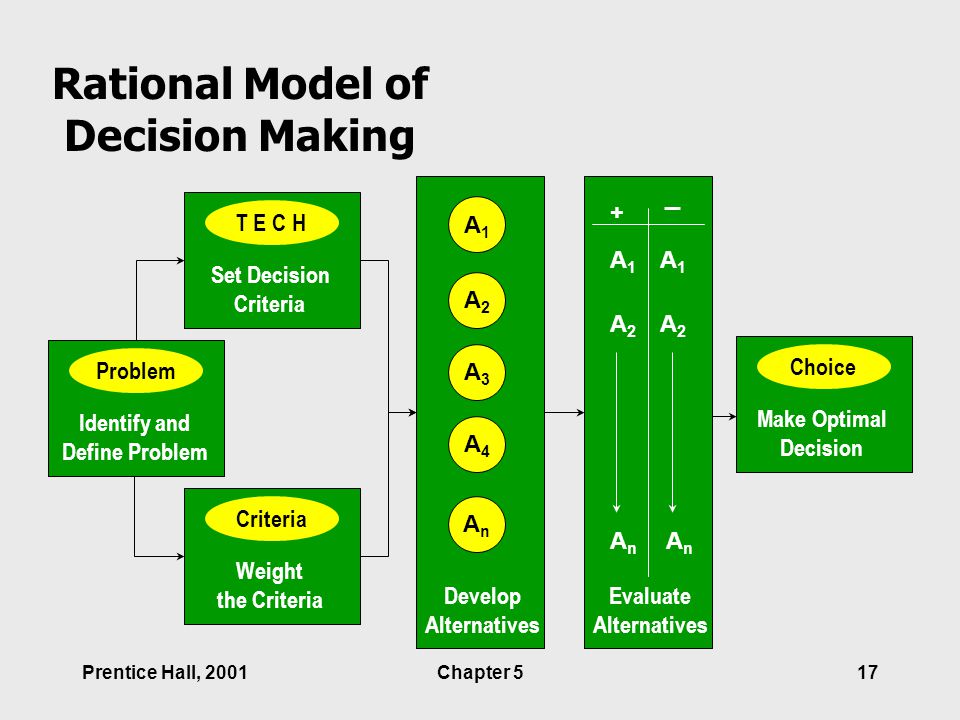 Have you ever had moments where you felt you were the captain of your soul; the master of your fate? That’s choice. It happens in a flash. A decision is a conclusion reached after having thought through all the alternatives. With choice, however, time is not a factor.
Have you ever had moments where you felt you were the captain of your soul; the master of your fate? That’s choice. It happens in a flash. A decision is a conclusion reached after having thought through all the alternatives. With choice, however, time is not a factor. - Choice inspires and nurtures action; decision propels action but then starves it. Both decisions and choices include action, with decisions being the effects of choice, which is borne of divine intervention and requires faith. Faith is not required for acting on decisions, because they are generally made based on physical evidence. With choice, there is nothing to do except have faith, meaning, recognize, and accept that something is already a reality despite the fact that it cannot be seen. With choice, you have no concern about how it will play out or why it is happening. You are simply moved to manifest the choice.
- Choice is a promise fulfilled. Decisions are wishes hoped for.
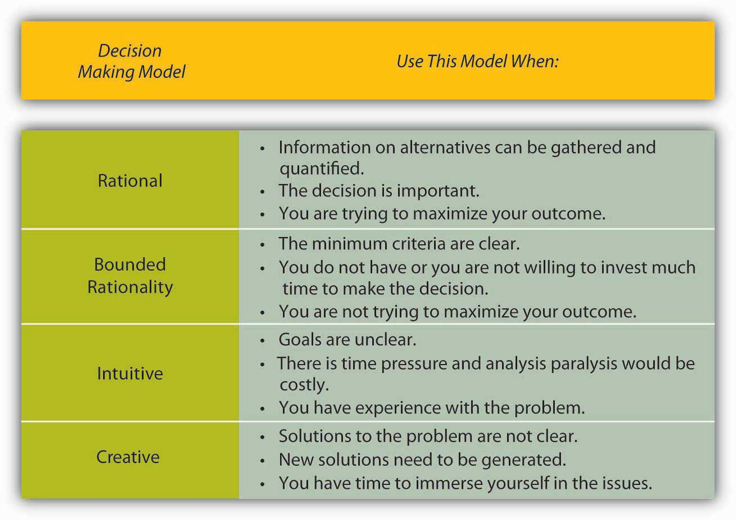 Choice is for something, and decisions are to be something. A choice for freedom, for example, engenders an experience of freedom fulfilled in the present. It seems as a dream, already come true. Every cell in the body rejoices. The world as you know it, with all its limitations dissolves, you are alive and thoroughly awake to the possibilities of life. Decisions to be free, on the other hand, introduce thoughts of all the work and effort required to accomplish a goal. They tire you, starve you, and rob you of your joy of fulfillment.
Choice is for something, and decisions are to be something. A choice for freedom, for example, engenders an experience of freedom fulfilled in the present. It seems as a dream, already come true. Every cell in the body rejoices. The world as you know it, with all its limitations dissolves, you are alive and thoroughly awake to the possibilities of life. Decisions to be free, on the other hand, introduce thoughts of all the work and effort required to accomplish a goal. They tire you, starve you, and rob you of your joy of fulfillment.
Especially during this time of COVID-19, it is important that we rely on our innate abilities to choose rather than drain ourselves further by worrying and laboring through decisions. Never let anyone question your choices. They are spiritually given.
I would love to hear about a time when you effortlessly chose something and how that experience felt for you. Leave a comment below or send me an email at patricia@trcgconsulting. com with the subject line, “My Choice.”
com with the subject line, “My Choice.”
-
Building Trust In A Diverse Environment
Aug 31, 2022
-
What's the Importance of Critical Thinking In the Workplace?
Jul 27, 2022
-
Transforming Your Company’s Culture
Jul 1, 2022
-
5 Things Great Leaders Do To Create Thriving Work Cultures
Jun 10, 2022
-
What Most Companies Overlook That Diminish Their DEI Efforts
Mar 31, 2022
-
Diversity Sensitive AND Culturally Competent?
Jan 21, 2021
-
Leadership and Self-care (Part 3)
Jan 14, 2021
-
Leadership & Self-Care (Part 2) - Individual and Organizational Self-Care
Jan 7, 2021
-
Leadership & Self-Care (Part 1)
Dec 29, 2020
-
Accountability 103 - Having An Accountable Conversation
Dec 10, 2020
Others also viewed
Explore topics
Decisions vs.
 Choices: Is There a Distinction?
Choices: Is There a Distinction?Is there a battle – Decisions vs. Choices?
Does it matter if there is a difference between decision and choice? It may.
The line between what constitutes a decision versus a choice may be slight. Let’s look at the definitions in Dictionary.com:
Decision: the act of or need for making up one’s mind.
Choice: the right, power, or opportunity to choose.
When you dive in deeper, the origins of the two words are interesting. Decision comes from “cutting off” while choice comes from “to perceive.” Taking the origins and definitions together, we may gain some clarity.
With decision, it is more of a process orientation, meaning we are going through analysis and steps to eliminate (or, cut off) options.
With choice, it is more of a mindset approach, meaning we have a perception of what the right or wrong choice may be.
Does this all matter? I believe it does.
We can easily setup processes to enable the best decisions possible. The decisions can range in scope from being low impact to high impact, and we can build in checks and balances along the way in reaching a decision. It can be a thoughtful, thorough approach.
With choices, we face opportunities – large and small – to select or choose an option. Although we may put thought into the larger choices we make, the smaller ones may be more instinctively made.
We make choices based on our values, beliefs, and perceptions of where a selected one may take us. One of life’s responsibilities is centered here in that we need to spend time building our choice senses and systems.
Choices are more difficult. At times, we cannot collect all the data, analyze the options, and reach a sound conclusion. Time escapes us to “cut off” certain options because life choices fit a different model. Choices involve our life more in which path we select and the direction – intended or unintended – it then takes us.
Here is the kicker. We may make many decisions during a day, week, or month, but how many life or leadership choices do we really make?
We can go through our life making decisions on where to live, work, and play, but do we make the choice of how to best live or lead?
We should take the time to make more proactive choices in setting a life and leadership direction.
We can spend our lifetime making all sorts of decisions, yet we spend little, if any, time making distinctive life choices.
I believe we may need to focus more on making choices than making decisions. We need to make real and necessary choices on how to lead our life in the most purposeful way possible.
Three key points:
- Life choices set a direction, so spend the time to develop a mindset on how to build a meaningful future.
- Choose how to lead. How we lead our teams and our work demands a thoughtful approach, meaning we need to define the presence we want through our actions and interactions.

- Decisions still matter, so use a process to prune out the bad options and select the best ones possible.
Make life and leadership choices. Live inspired choices.
What distinction would you make between choice and decision? Where do you spend more of your time?
what to do if parents do not agree with the choice of university - Ucheba.ru
College of Economic International Relations
For graduates of 9th and 11th grades.
Higher education online
Federal project of distance education.
I would go to the oil industry!
Take the test, find out your future profession and how to get it.
Technologies of the future
Get inspired to become a cool engineer to change the world
Student projects
Moscow Polytechnic University students talk about their inventions
Chemistry and Biotechnology at RTU MIREA
120 years of training experience
International College of Arts and Communications
MKIK - modern college
English language
Together with Wall Street English experts, we decided to talk about English in a way that would make you want to learn it.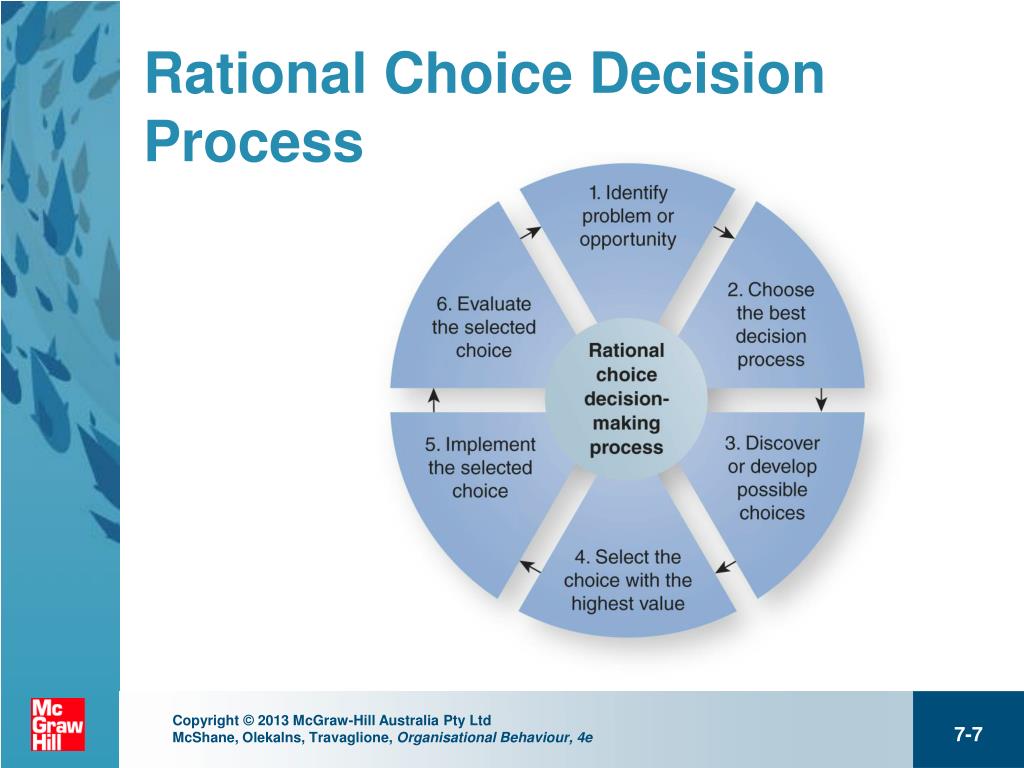
15 rules of safe behavior on the Internet
Simple but important rules for safe online behavior.
Olympiads for schoolchildren
List, calendar, levels, benefits.
First economic
We talk about what lives and how the REU named after G.V. Plekhanov.
Ticket to Holland
Participate in the competition and win a trip to Holland to study at one of the summer schools at Radboud University.
Digital Heroes
They create Internet services, social networks, games and applications that are used daily by millions of people around the world.
Jobs of the future
How new technologies, scientific discoveries and innovations will change the landscape of the labor market in the next 20-30 years
Dream professions
Together with the Foxford online learning center, we decided to ask schoolchildren who they dream of becoming and where they plan to go.
Economic Education
About what the modern economy is and what career prospects open up for future economists.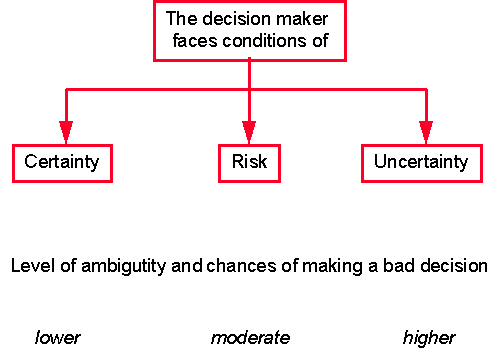
Humanitarian sphere
We talk with experts about the importance of liberal arts education and the areas of its application in practice.
Young engineers
Engineering specialties are becoming more and more in demand and promising.
Table of ranks
What is the civil service, who are civil servants and what kind of education is a good start for future officials.
Career in petrochemistry
Petrochemistry is innovation, the real production of products that are in every home.
5 problems that modern schoolchildren face when choosing a profession
December 11, 2019, 07:00
On the one hand, today it has become a little easier to choose a specialty and future profession - there are career guidance programs, and schoolchildren are not pressured by the responsibility of choosing a specialty for life - now it is considered normal to change the field of activity every 10-15 years and master new professions.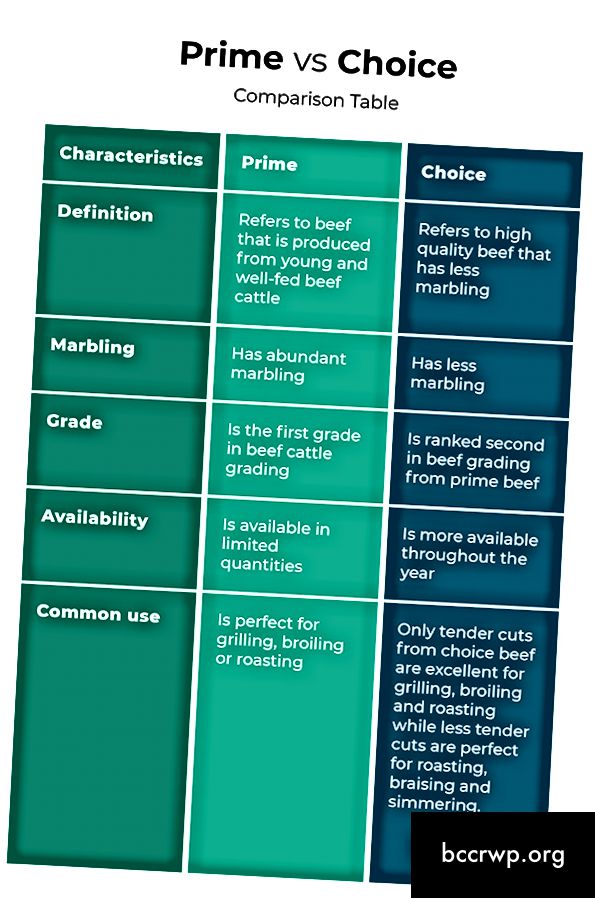
On the other hand, few of the school-age children are ready to say with certainty what they want to work at least in the coming years, and the majority is experiencing the problem of choice, even when receiving a vocational education. Young people often have no idea about real work and are disappointed in their expectations. What other problems do secondary school students face and can they be avoided?
1. Unconscious incompetence
© Gettyimages
According to the Ticket to the Future project, more than 70% of schoolchildren suffer from unconscious incompetence. This is a state when a person has no idea what he can do in the future, and does not consider it necessary to choose a profession. Such people run the risk of choosing the wrong professional path and feeling out of place.
High school students treat work as a duty. Since it cannot be avoided, at least let it not be too burdensome. Modern schoolchildren do not consider career as an area where they can realize their personal qualities.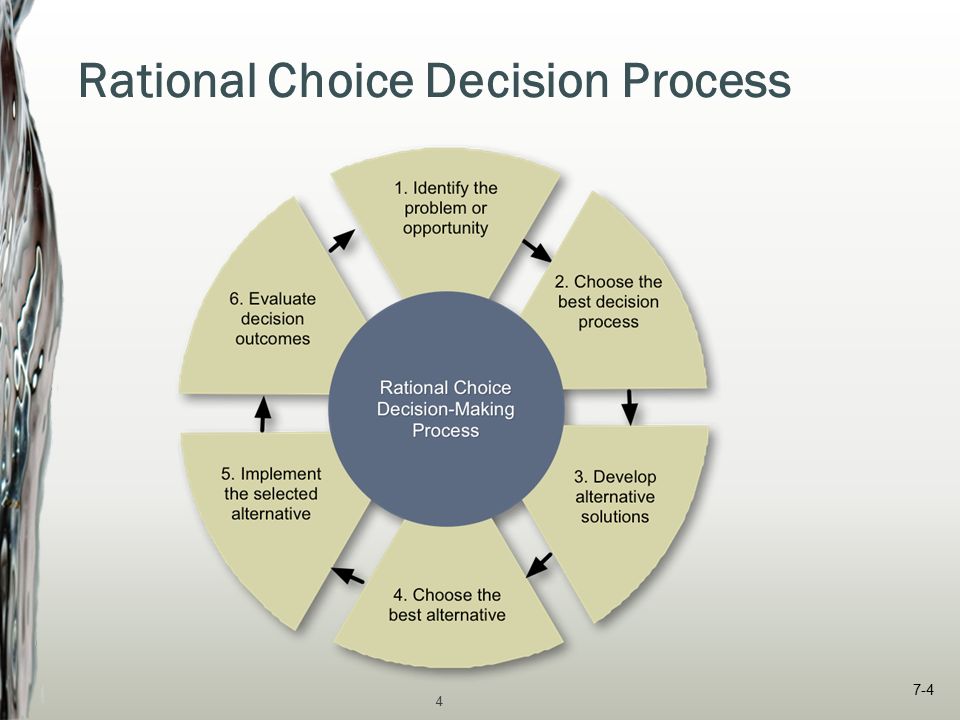
This happens when there is no person nearby who will explain the nuances of choosing a profession, help form a vision of one's future. The group on Vkontakte "Ticket to the Future" is a good platform for finding mentors and like-minded people. Information from there, at least, will dispel the fog over what is actually hidden behind the words "college" and "institute".
2. Belief that you can make money on the Internet without any effort
© Gettyimages
Children born after 1995 (Gen Z) often want to be social media influencers by posting about their lives and views. This activity allows you to earn advertising in your accounts. For such work, as a rule, developed professional skills and personal communication with a team of like-minded people are not needed.
An example is the most successful blogger on YouTube, PewDiePie (Felix Kjellberg), who dropped out of school because of earning millions on the Internet.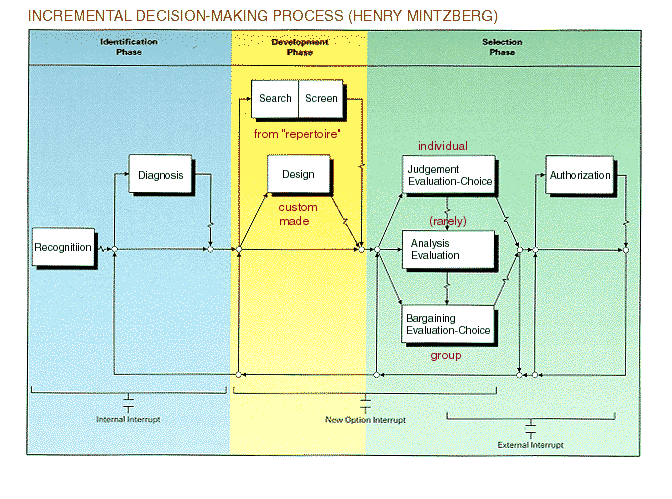
According to polls by the Public Opinion Foundation of the Higher School of Economics, prestige and the opportunity to be in a team are not particularly important for children in Russia. But they expect that the work will be exciting, emotionally interesting and well paid. It is also important for modern people to be able to manage their time, which is fully consistent with the ideas about the life of an influencer.
The American consulting company Morning Consult conducted a study and found that 72% of those born after 1985 years of following influencer content. Such "communication" occurs regularly, in a convenient form, and corresponds to the views on life of millennials and zoomers. They themselves would not mind such a job - with a flexible work schedule and the ability to advertise their favorite products for money. More than half of the respondents buy things themselves after seeing them on social networks. Moreover, such work always implies instant feedback: the audience of influencers appreciates them for their honesty and trusts them more than movie stars and TV presenters.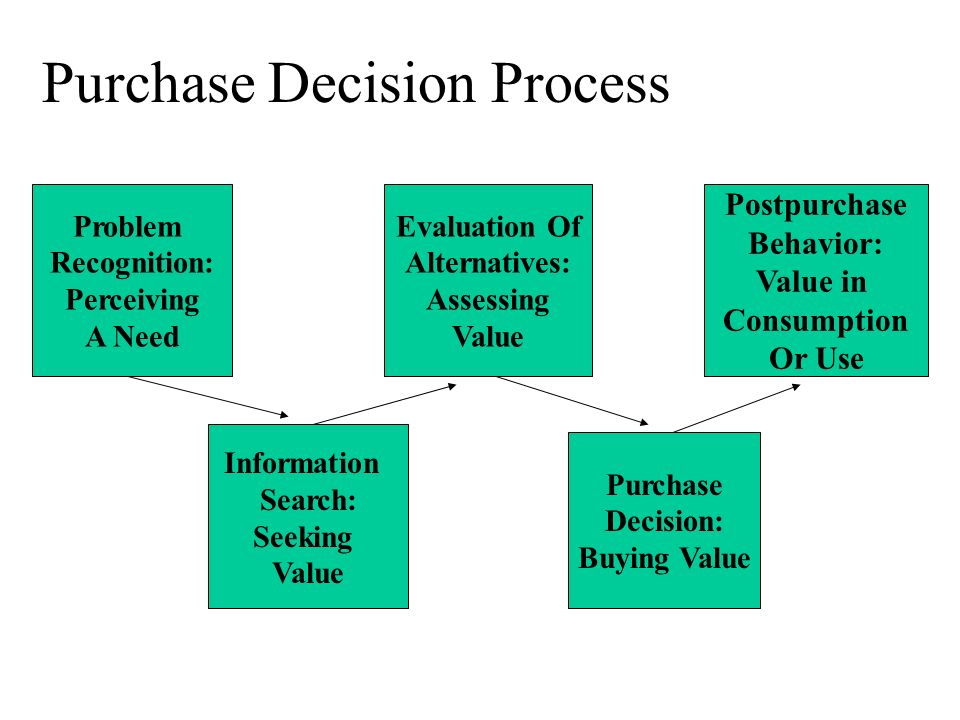
3. Low awareness
© Gettyimages
Modern children receive little information about professions at school, however, according to the HSE study, they are keenly interested in the work of relatives and friends. Few people care who they are. Almost everyone has obvious addictions.
Few schools offer students extra-curricular activities other than subject Olympiads. To become a member of the children's theater, choir, sports section, you need to look for circles and studios somewhere else, and for this you need a conscious decision of the child or the help of parents. In the survey, less than half of schoolchildren say that they attend circles related to professions and creativity.
Most of them have already decided where they want to go after school and know what subjects they need to study for. But the guys still haven't handed in reports on production practice, and few of them know what a typical day at their future job looks like.
A significant proportion recognize that new ideas and projects can lead them away from the old ones. This means that they are not sure about their choice and recognize that interesting information about another profession can make them change their mind.
It is important to get to know different specialties in advance, and it is not necessary to ask parents and attend open days in different companies. You can learn about current professions in a fun way on the Internet. For example, in the "Ticket to the Future" group in OK.ru. There are also stories told by young people who have just started their careers. All this will not only fill the gaps in awareness, but also arouse interest in other professions.
4. Agency, or susceptibility to environmental influences
© Gettyimages
Children become hostages to the ideas of parents and the immediate environment about the right choice of profession and higher education.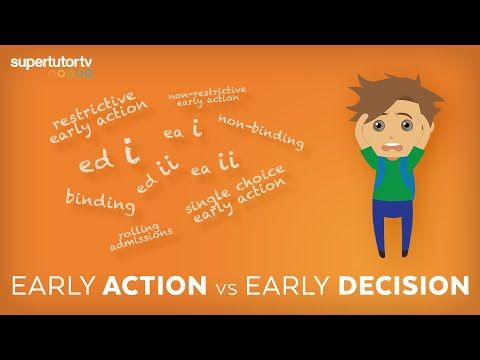 Everyone was faced with a situation where mom knows better who to go to study, dad is sure that the only real man is the one who served in the army, and friends call to their school - after all, one is somehow scared.
Everyone was faced with a situation where mom knows better who to go to study, dad is sure that the only real man is the one who served in the army, and friends call to their school - after all, one is somehow scared.
Secondary school gives the knowledge necessary for life, but does not form ideas about professions. Even the winner of the international Olympiad does not always imagine how he will earn a living.
More than half of the children, to some extent, are ready to trust close people when choosing a place of study or work. The vast majority believe that family and friends will help them with their job search. However, modern schoolchildren cannot fully rely on the experience of their parents, because older people received education, built a career and a family in other conditions.
Today, about half of schoolchildren strive for higher education. Many ninth graders have tried to work, but at the age of 15-18 it's hard to try everything you want. Moreover, the experience gained is unlikely to help form an idea of the desired competencies and consciously choose a profession.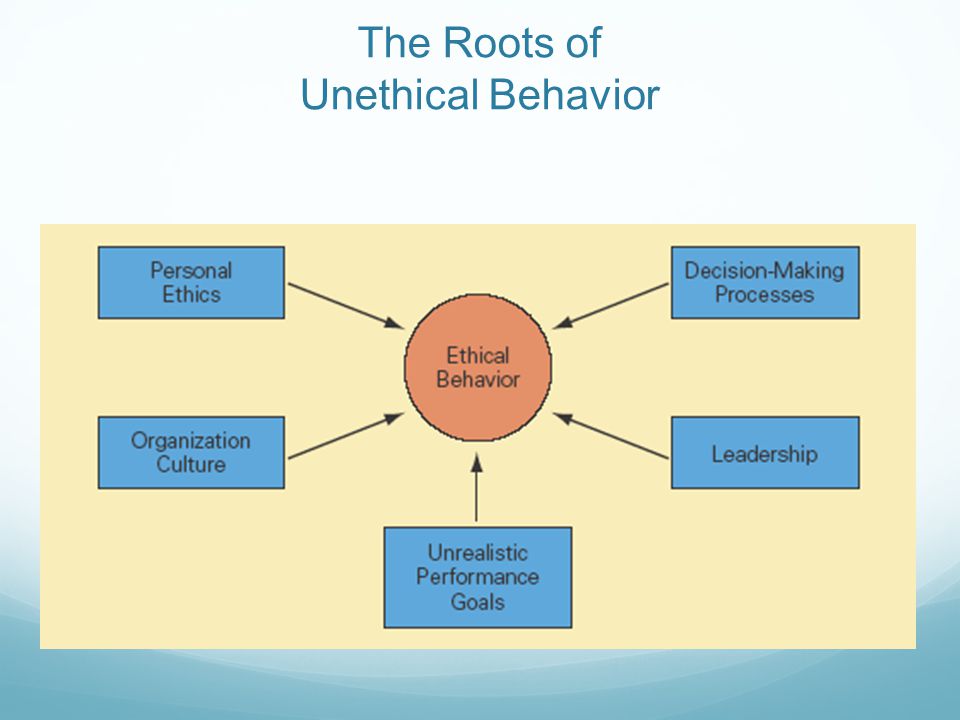
You can find out how best to do this, who to turn to for help and more balanced acceptance of the help of loved ones, on the Ticket to the Future YouTube channel. In thematic videos, peers and specialists tell schoolchildren about the difficulties of decision-making and the benefits of career guidance testing.
5. The need to go to work or lack of money to get the desired profession
© Gettyimages
Many already understood at school what they want to work with. But what to do if it is impossible to get the specialty that you dream of in the current circumstances? Someone is hindered by insufficiently high grades, someone is forced to work after the ninth grade. Not everyone has the opportunity to pay for their studies. Such graduates are trying to get into college, where you can combine work and classes.
To make a wish come true, you need to work and learn as much as possible. Career guidance practices will broaden your horizons and change your outlook on things that previously seemed self-evident.


